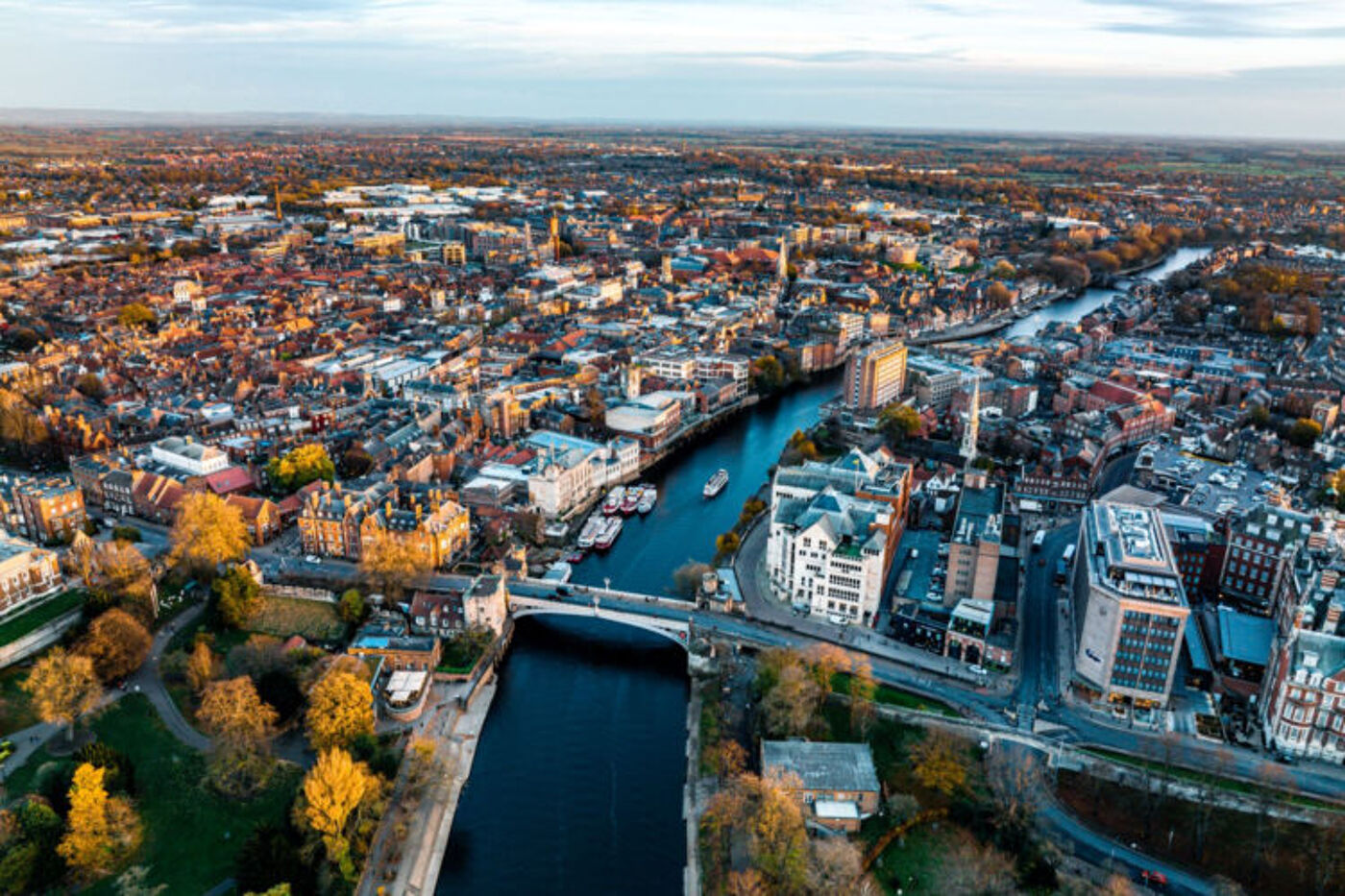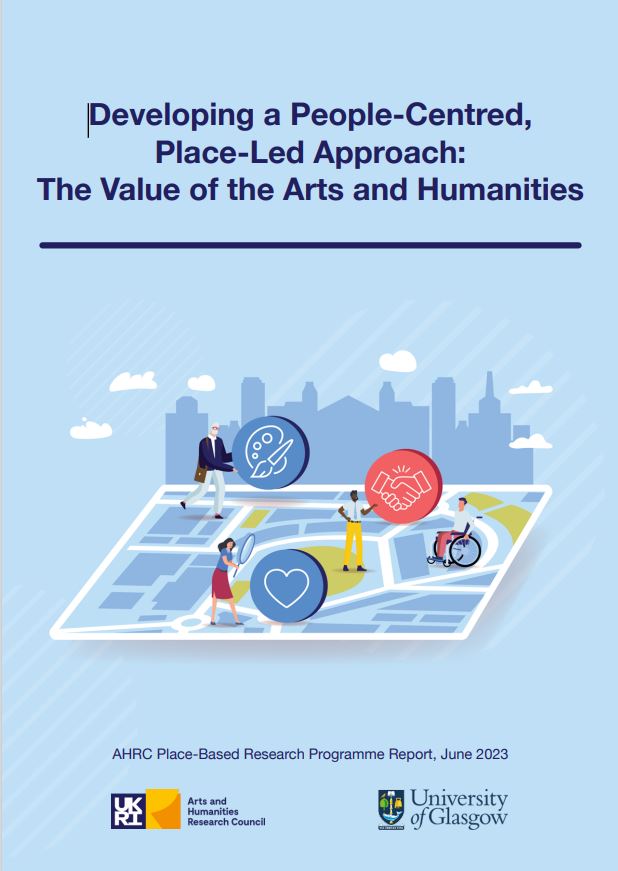Place-Based Research Programme Hub
The Place-Based Research Programme Hub brings together the latest insights, research updates, news and resources from nine Knowledge Exchange Projects across the UK, funded by the Arts and Humanities Research Council (AHRC).
Place is an important focus for current and future government research and development strategy. Place is also a research topic at the heart of many arts and humanities disciplines, from archaeology and architecture to history and literature. These projects are designed to improve access to arts and humanities research expertise with a view to informing and supporting the development of plans for local regeneration.

Mapping Out What’s Next for People-centred, Place-led Work: Phase Two of Our Programme
Our work responds to the high priority of ‘place’ within the UK and global policy landscapes, and the cross-sectoral initiatives focused on placemaking and redistributing resources to places most in need. Phase One of the AHRC Place Programme (2021-2023) culminated in a report which argued for a people-centred, place-led approach that holds the lived, felt, geographic and economic dimensions of place together to ensure that policies and practices are developed in equitable partnerships with communities and professionals. Phase Two of the programme runs until 2027 and a key objective is to test how the people-centred, place-led principles set out in the report can be embedded through organisational systems and policy at different scales, sectors and governments in all four nations of the United Kingdom. Our goal is to work with partners from inside and outside academia to bridge the evidence, systems and policy gaps that influence people-centred approaches to place-based work.
In this edition of the Glasshouse People, Place, Planet: Think Pieces, Rebecca Madgin and Michael Howcroft set out some of the key challenges for place-based policy and how Phase Two of the Arts and Humanities Research Council Place Programme seeks to overcome them.
Policy Brief Series
The Place Based Research Programme has launched a series of Policy Briefs during Spring 2024 from a range of our affiliated research projects. As part of Phase 1, links to briefs and webinars are below:
This policy brief outlines insights and recommendations from the University of Sheffield's Roots and Futures project. It engages with current opportunities and challenges to equality, diversity and inclusion in local heritage and makes recommendations for embedding multiple histories, cultures, and perspectives in city-level heritage strategies.
Local authorities, national governments and heritage organisations are seeking better ways to empower and embed the voices of underserved communities, often through celebrating cultural heritage. Addressing this in ways that are meaningful to communities is a fundamental step towards building trust between the different stakeholders. The Roots and Futures project trialled novel participatory approaches to heritage strategy and programming to platform diverse voices, experiences, practices and traditions.
Programme Report Phase 1
Launching the first major output from the AHRC Place-Based Research Programme, this report underscores the importance of a people-centred, place-led approach that holds the lived, felt, geographic, and economic dimensions together to ensure that place-based policies and practices are developed in equitable partnerships with individuals, communities, and professionals.
Report Summary
Following on from the first major output from the AHRC Place-Based Research Programme, the one-pager summary of our first report underscores the importance of a people-centred, place-led approach that holds the lived, felt, geographic, and economic dimensions together to ensure that place-based policies and practices are developed in equitable partnerships with individuals, communities, and professionals.





